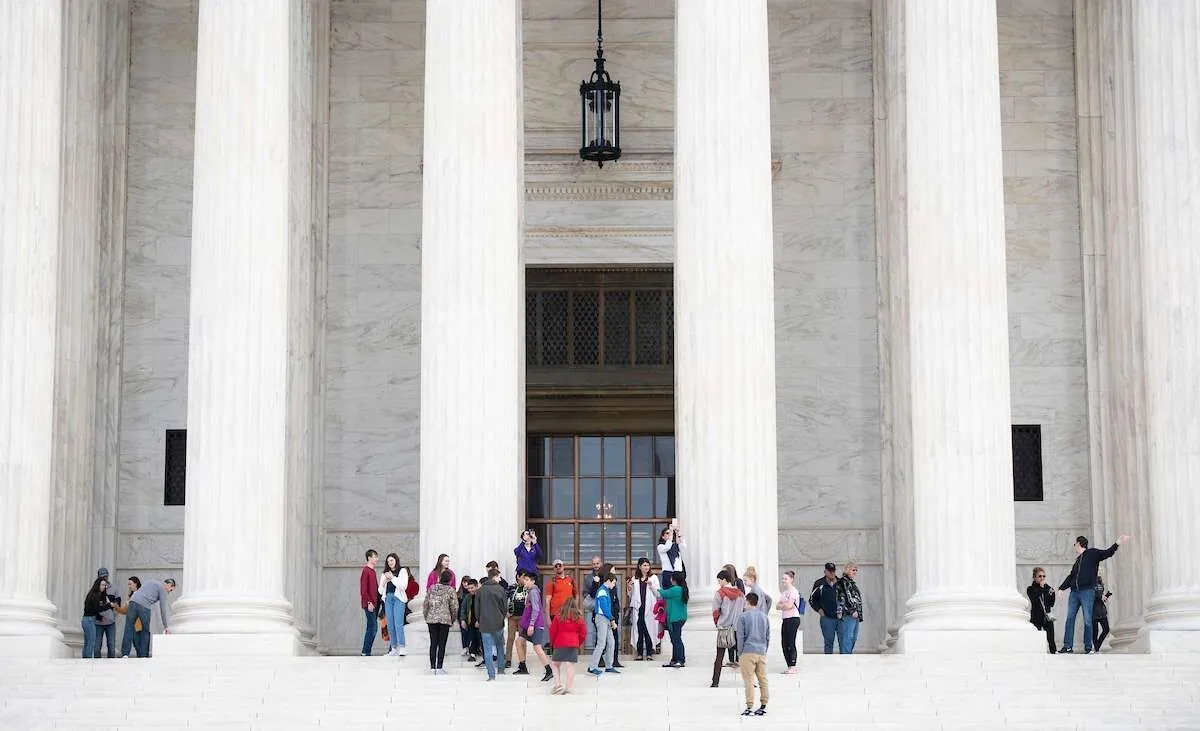Supreme Court to Hear Heterosexual Discrimination Case from Ohio
The U.S. Supreme Court will review a case involving alleged discrimination against a heterosexual employee in Ohio. The decision could impact how majority group discrimination claims are handled in workplaces nationwide.

The U.S. Supreme Court has agreed to examine a case involving alleged discrimination against a heterosexual employee, potentially setting a significant precedent in workplace discrimination law. The case centers on Marlean Ames, an employee of the Ohio Department of Youth Services, who claims she faced discrimination due to her heterosexuality.
Ames, a two-decade veteran of the department, asserts that she was overlooked for a promotion and subsequently demoted because of her sexual orientation. She contends that both positions were given to LGBTQ individuals. This case brings to light complex issues surrounding workplace discrimination and the interpretation of Title VII of the Civil Rights Act of 1964, which prohibits employment discrimination based on various characteristics, including sex.
The legal journey of this case has been extensive. Lower courts, including the 6th U.S. Circuit Court of Appeals, ruled against Ames. The appellate court applied a standard requiring members of majority groups claiming discrimination to provide "background circumstances" that suggest bias. This could include evidence of LGBTQ individuals making decisions affecting the plaintiff or statistical data indicating a pattern of discrimination against the majority group.

The Supreme Court's decision to hear this case is significant, as it only accepts a small fraction of the thousands of petitions it receives annually. Established in 1789, the Court plays a crucial role in interpreting laws and setting legal precedents that impact the entire nation. The nine justices, nominated by the President and confirmed by the Senate, will likely hear arguments in this case in early 2025.
This case touches on several important aspects of U.S. law and history. The Civil Rights Act of 1964, signed into law by President Lyndon B. Johnson, was a landmark piece of legislation that has shaped anti-discrimination efforts for six decades. The concept of "reverse discrimination" emerged in the 1970s, adding complexity to how courts interpret discrimination claims.
The Ohio Department of Youth Services, founded in 1981, operates juvenile correctional facilities and has been Ames' employer for her entire career. The department's involvement in this case highlights the ongoing challenges in implementing fair employment practices in public institutions.
The Supreme Court's decision in this case could have far-reaching implications for how discrimination claims from majority group members are handled across the country. It may prompt a reevaluation of the "background circumstances" standard currently applied by several circuit courts.
As the legal community awaits the Court's decision, this case serves as a reminder of the evolving nature of workplace discrimination laws and the ongoing efforts to ensure fair treatment for all employees, regardless of their majority or minority status.


































